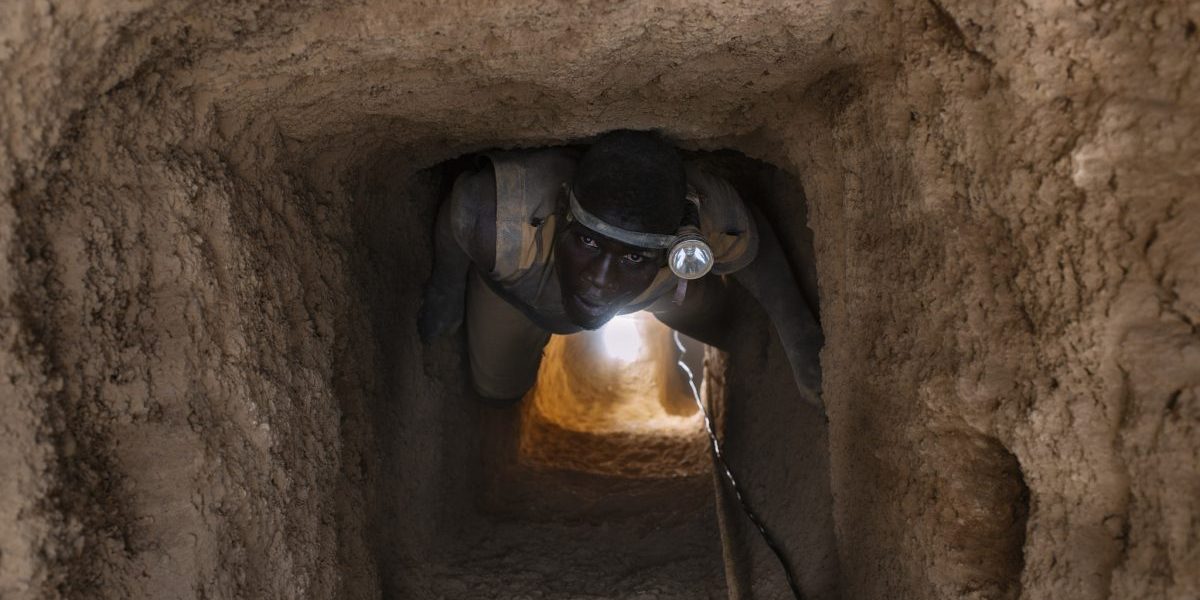This sentimental attachment relates to, among others, its support for the ANC alliance during the liberation struggle and more specifically its role in Angola, which brought Cuban troops into direct confrontation with the South African Defence Force before the peace agreement of 1989.
At a time when proposals to nationalise South Africa’s mines were debated at the National General Council of the ANC in Durban last week, and continue to be debated in the media and elsewhere, it is perhaps relevant to look at recent changes in Cuba’s economic and mining policy .
Like South Africa, Cuba has several mineral resources. Most important of these is nickel, of which it reportedly has the highest reserves in the world and cobalt. Nickel is Cuba’s largest earner of foreign exchange after remittances by exiled Cubans to their families still on the island.
How is this resource exploited? The Canadian Sherritt International mining Corporation has long operated the largest mines in Cuba in a joint venture with the Cuban government. There is thus no discussion of nationalisation here.
Since coming to power as president in 2008 Raul Castro has been encouraging debate about the opening up the Cuban economy to private small businesses. Cubans, even highly skilled scientists and professionals, receive wages of less than R200 per month.
According to Reuters, the debate on the merits of such a change in policy has spilled over into the official media with exposés of irregular supplies, low wages, employees jacking up prices and pocketing proceeds, all the while delivering poor service, despite layers of bureaucracy designed to control such activities. Even Fidel Castro is quoted as saying “The Cuban model doesn’t even work for us any more.”
Thus ironically, on 23 September, while the ANC’s NGC was fiercely debating the merits of nationalising the mines, the Cuban authorities announced a drastic change in economic policy.
The small businesses that were all nationalised in 1968 are to be returned to private ownership and 500 000 public sector employees dismissed. These people will have to start their own businesses or form co-operatives. Part of the rationale is that Cubans must not be seen as the only people in the world who “can live without working”, according to a recent profile of Raul Castro in the Financial Times. While some, such as the US-based Party of Socialism and Liberation, likens Castro’s announcement to Lenin’s 1921 decision as “a response to a dire economic crisis” and a temporary bitter ‘retreat’ to capitalist methods, there is no sign that Raul Castro intends to revert to the system that existed before.
Perhaps the best analogy for the new policy announced in Cuba is a move to the Chinese model, “socialism with Chinese characteristics”, or implementation of a market economy without political liberalisation.
In terms of the contested resolution adopted at the NGC on 24 September, the National Executive Council of the ANC will study the desirability of nationalising the mines and report back. In their study, NEC members would do well to look at the experience of their role-model, Cuba, to form an opinion on whether the proposed policy will indeed bring about “a better life for all”.








